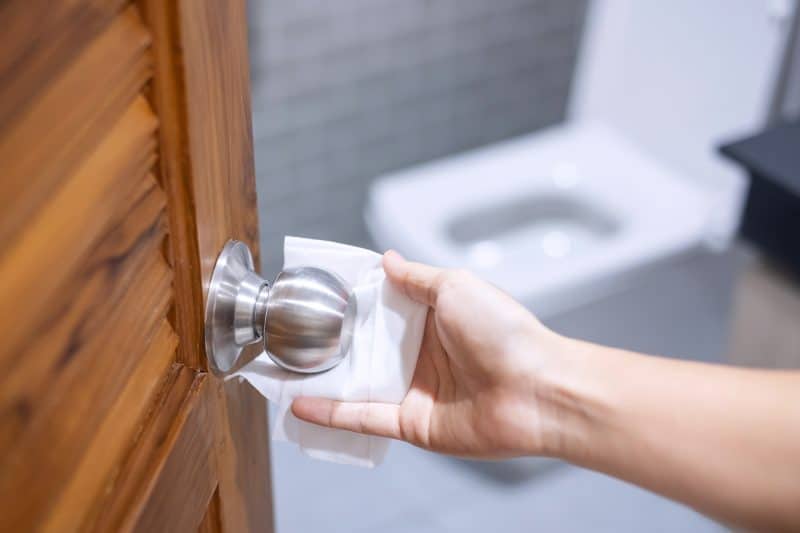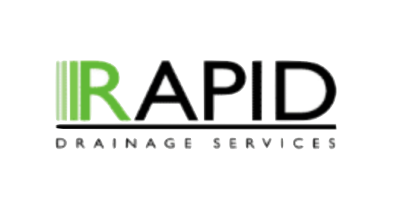Why You Should Never Flush Baby Wipes: A Drainage Disaster Waiting to Happen
Why You Should Never Flush Baby Wipes: A Drainage Disaster Waiting to Happen
Baby wipes: the modern-day parenting lifesaver. Sticky fingers? Grab a wipe. Spilled juice? Grab a wipe. Changing nappies in less-than-ideal circumstances? Definitely grab a wipe. They’re soft, strong, and endlessly convenient. But here’s the catch—while baby wipes are brilliant for cleaning up life’s little messes, they’re absolutely terrible for your drains.
In fact, if your drains could talk, they’d be begging you to keep wipes far, far away. Yet, despite countless warnings, millions of wipes are flushed down toilets every day across the UK. The result? Blocked pipes, expensive repairs, and environmental nightmares that extend far beyond your bathroom.
So, let’s break it down: why should you never flush baby wipes? And what happens if you do?
1. They Don’t Break Down Like Toilet Paper
Toilet paper is designed to disintegrate within seconds of meeting water. It’s delicate, biodegradable, and—let’s be honest—not the strongest material in the world. But baby wipes? They’re made to withstand mess, moisture, and vigorous scrubbing. Many wipes are reinforced with plastic fibres, which makes them strong but also stubborn.
When flushed, baby wipes don’t break apart. Instead, they gather in clumps, twist around each other, and form blockages. This is the plumbing equivalent of weaving a thick woolly scarf inside your pipes. And trust us, your drains don’t appreciate winter accessories.
2. The Costly “Fatberg” Problem
Ever heard of a fatberg? Imagine a congealed monster made of grease, oils, and – you guessed it… baby wipes. These revolting masses lurk in sewers, growing larger with every flushed wipe.
In 2017, workers in London uncovered a fatberg weighing 130 tonnes and stretching the length of two football pitches. It took weeks to remove, at a cost of thousands of pounds.
Wipes are one of the biggest contributors to fatbergs, fusing with fats and other debris to create immovable plumbing nightmares.
Want a visual? The Museum of London even displayed a chunk of fatberg as part of an exhibition. Yes, it’s that infamous.
Now imagine a smaller version of that forming inside your own pipes. The result? A visit from a drainage specialist and a hefty bill.
3. Environmental Consequences That Linger
Let’s say a flushed wipe makes it past your pipes (lucky you). Does that mean it’s safe? Sadly, no. Baby wipes often contain plastics and synthetic fibres that don’t biodegrade, persisting in the environment for decades.
Once they reach rivers and oceans, wipes:
Break down into microplastics that harm marine life.
Contribute to the UK’s growing sewage-related pollution problem.
Litter shorelines and riverbanks—campaigners often find piles of “flushable” wipes along the Thames.
The Marine Conservation Society has reported that wet wipes are among the fastest-growing types of plastic pollution on UK beaches. Not exactly the kind of legacy we want to leave behind.
4. Sewage Treatment Nightmares
Wastewater treatment plants are designed to deal with human waste and toilet paper – not reinforced wipes. When wipes arrive at treatment facilities, they clog machinery, wrap around moving parts, and cause breakdowns.
The knock-on effect? Higher maintenance and operating costs for utilities, which are ultimately passed on to – you guessed it… the taxpayer. So every time someone flushes a wipe, it’s not just their own plumbing they’re risking. They’re adding to a national problem.

5. Health Hazards in Your Own Home
One of the worst outcomes of flushing wipes is a sewer backup. Picture this: raw sewage bubbling up into your bathroom, bringing with it foul odours, harmful bacteria, and a sense of despair that not even another packet of baby wipes can fix.
Raw sewage exposure can cause:
Gastrointestinal illnesses
Skin infections
Respiratory problems
In short, flushing wipes risks turning your cosy home into a biohazard zone.
6. The “Flushable” Wipe Myth
But wait—what about the wipes marketed as flushable? Sadly, this is more marketing spin than plumbing reality.
Even so-called flushable wipes don’t break down quickly enough to travel through pipes and sewers without causing trouble. In fact, water companies across the UK repeatedly warn against flushing any kind of wipe, flushable or otherwise.
The rule is simple: if it’s not pee, poo, or toilet paper, don’t flush it.
7. Better Disposal Options
So, what should you do instead of flushing wipes?
General Waste Bin: Always dispose of wipes in the rubbish. A lidded bin keeps things hygienic and odour-free.
Biodegradable Wipes: While these are better for the environment, they still need to go in the bin—not the toilet.
Reusable Cloths: For eco-conscious households, washable cloths can replace wipes altogether, reducing waste and saving money.
It’s a small change in habit, but one that can save you a fortune in plumbing repairs and prevent environmental harm.
8. What to Do if You’ve Already Flushed Them
Don’t panic if you’ve flushed wipes in the past – you’re not alone. But if you notice:
Slow-draining sinks or toilets
Gurgling noises in your pipes
Bad smells rising from drains
…it’s time to act. Early intervention can save you from expensive repairs later.
This is where Rapid Drainage comes in. Our services include:
CCTV Drain Surveys to identify clogs.
High-Pressure Jetting to clear stubborn blockages.
Emergency Drain Unblocking if things get really messy.
We’re available 24/7, so whether it’s 2pm or 2am, we’re here to save your drains.
Wipes Belong in the Bin, Not the Bowl
Baby wipes may be convenient, but flushing them is one of the quickest ways to invite plumbing disasters, environmental damage, and health risks into your life.
Be kind to your drains: bin the wipes, avoid fatbergs, and protect both your home and the planet. And if your pipes are already protesting? Don’t Google blocked drains near me in a panic—just call Rapid Drainage.
We’re the trusted experts who can restore flow, prevent future problems, and keep your home safe from wipe-related woes.


Because the only thing that should go down your loo is the three Ps: pee, poo, and paper. Everything else belongs in the bin.


